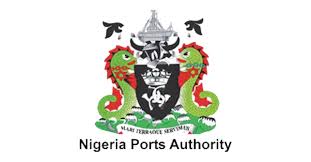
The Stakeholder Democracy Network (SDN), an International non-governmental organisation, has called for urgent amendments in the provisions of the Petroleum Industry Act (PIA) targeted toward host community development regulations, warning that if the regulations for Host Community Development Trusts (HCDTs), are not properly defined for the beneficiaries, it will create tensions across the Niger Delta.
The SDN in the research findings noted that the provisions of the PIA targeted towards host community development create both opportunities and challenges for the Niger Delta communities and other stakeholders.
It said, “We are encouraged by the vast increase in spending that is expected but concerned that without amendments, the regulations will create tensions across the Niger Delta.Under the PIA, there are regulations for Host Community Development Trusts (HCDTs), which will channel huge amounts of resources towards community development, and effectively replace corporate social responsibility (CSR) projects for oil and gas companies.
“The Federal Government of Nigeria (FGN) estimates that the total contribution to HCDTs will be $500-800 million per year (N200-330 billion), around ten times the average annual CSR spending by oil and gas companies ($72 million or N19 billion).”
It was stated that, “The estimated total allocation to HCDTs is almost as much as the Niger Delta Development Commission’s (NDDC) average annual budget ($806 million or N206 billion), which will continue to be spent in parallel. This creates a huge opportunity for coordinated community development spending.”
SDN further noted that more funding for community development is welcome, but cautioned that historically, the main challenge has not been the lack of funds, but the failure to manage this properly, to ensure it benefits communities.
“The HCDTs mean that these funds are flowing directly to communities, rather than through government institutions, where inefficiencies historically stemmed from.HCDT governance structures are rapidly being established to manage these finances. However, the structure prescribed by the regulator places too much power in the hands of oil and gas companies to determine the projects to be delivered, and the people who will oversee these decisions (the Board of Trustees). As revealed by the report,this could lead to disputes and increased tensions between communities and companies. Moreover, there will be no transparency in how the companies’ contributions are calculated, so communities will not be able to verify if they are receiving what they are due.
“Contributions should be equal to 3 per cent of operating expenses, but companies do not currently publish this figure,” it stated.
Follow us on Facebook/ twitter















